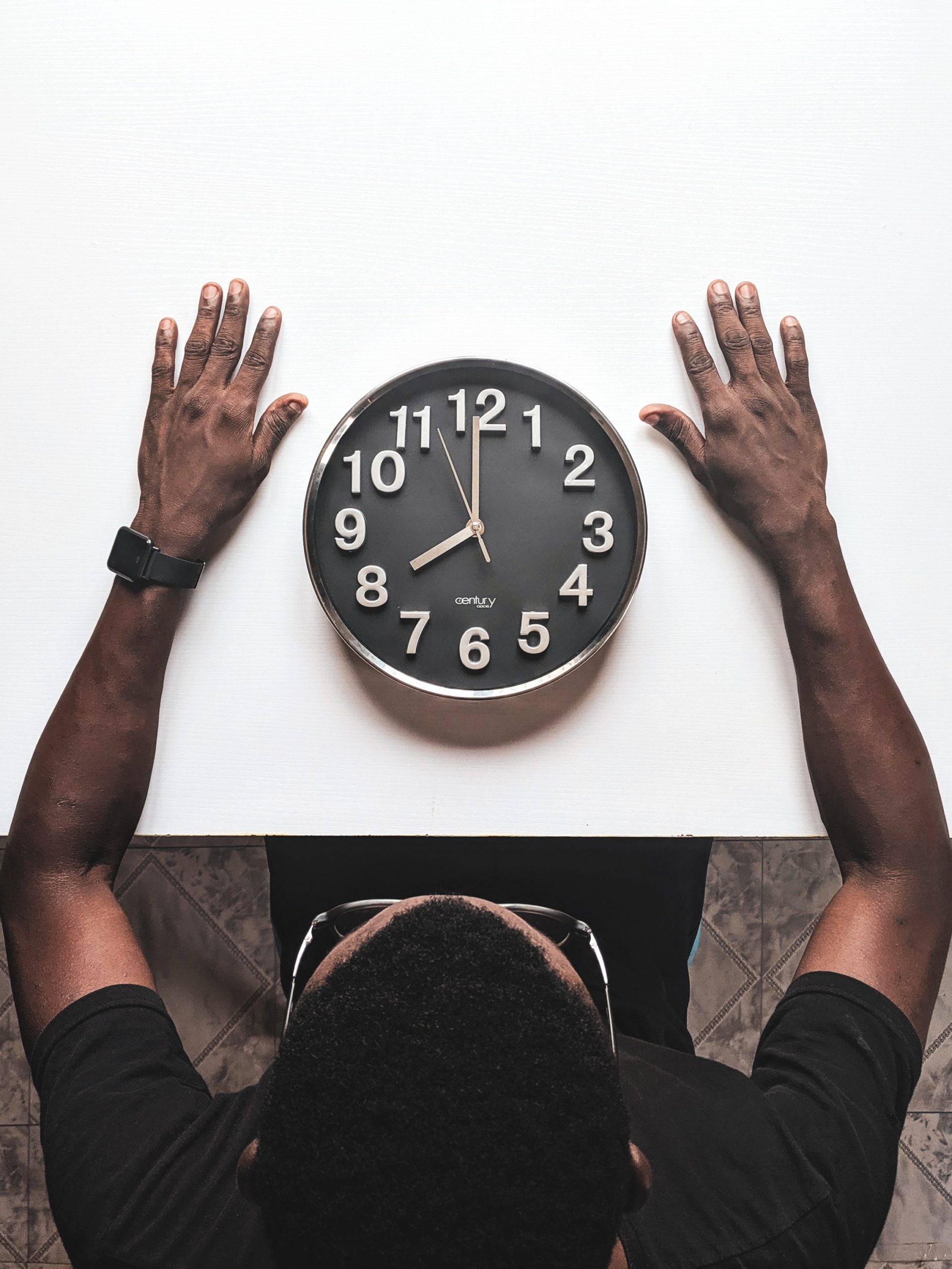LA GESTIÓN DEL TIEMPO Y EQUILIBRIO EMOCIONAL
JOIN OUR COMMUNITY
Sign up to join our database and become part of our community:
THE MANAGEMENT OF TIME AND EMOTIONAL BALANCE
We all wish throughout our lives to be happy and have quality of life. However, not all of us invest our time in such a way that we can obtain that happiness, that emotional balance, both personally and professionally. Whether we want to or not, we are constantly making decisions about how to spend our time, but that is normal and part of life.
“We control those decisions, but we cannot control the consequences of those decisions,” as Covey (2000) explains.
Consequently, depending on these decisions, we will experience some consequences or others, but it is always our choice. What is clear is that what we can choose is the attitude when facing the situations that happen to us in life and the consequences of them.
Those consequences can be painful for us when there is a gap between:
- What we consider extremely important in our life.
- The way we spend our time.
When what we do and in what we invest our time does not contribute to what is most important in our life, we suffer an emotional and even existential imbalance, which can generate different types of suffering:
Some people feel trapped or controlled by other people or situations. They feel that it is not in their hands to change circumstances and they do not even allow themselves to think about what is really important to themselves.
Others feel a huge void when they discover that they have put their ladder to happiness on the wrong wall. They realize that professional, financial or material success does not bring them the expected satisfaction. They have been spending their time in the wrong place.
Other people feel confused by always switching from one activity to another automatically. They feel that their life becomes mechanical and sometimes they wonder if all this makes sense.
Other people are aware of the imbalance they have in their life, but they fear change and believe that it is easier to live in imbalance.
Finally, other people are torn between what they think they should do, what they want to do, and what they actually do. This dilemma generates a feeling of guilt, so it is not carried out. Therefore, they are not able to enjoy what they have.
We are going to carry out an exercise to check and analyze your average day (your habits), write how you spend your time, on average, each day.
Try to do it in detail: by hours of the day, specifying the activities you do. For example, we can put: from 8-9 in the morning, help my children get ready to go to school, family environment.
If your habits change a lot, try to make a more global approach by week and dedication time.
For example:
Hours playing with my children per week: 4.
Hours spending quality time with my partner per week: X.
Hours practicing sports or playing soccer: X.
Here’s an example chart.
download here …
THE MANAGEMENT OF TIME AND EMOTIONAL BALANCE October 2020
Once the table is filled, answer the different questions:
What do you realize?
To what extent do you consider that you are meeting your needs?
Are you satisfied with the emotions you feel in the different areas or would you like to feel others?
What could you change in what you do to change emotions?
What are you sowing?
Are you collecting what you would like?

[/ vc_column_text] [/ vc_column] [/ vc_row]


